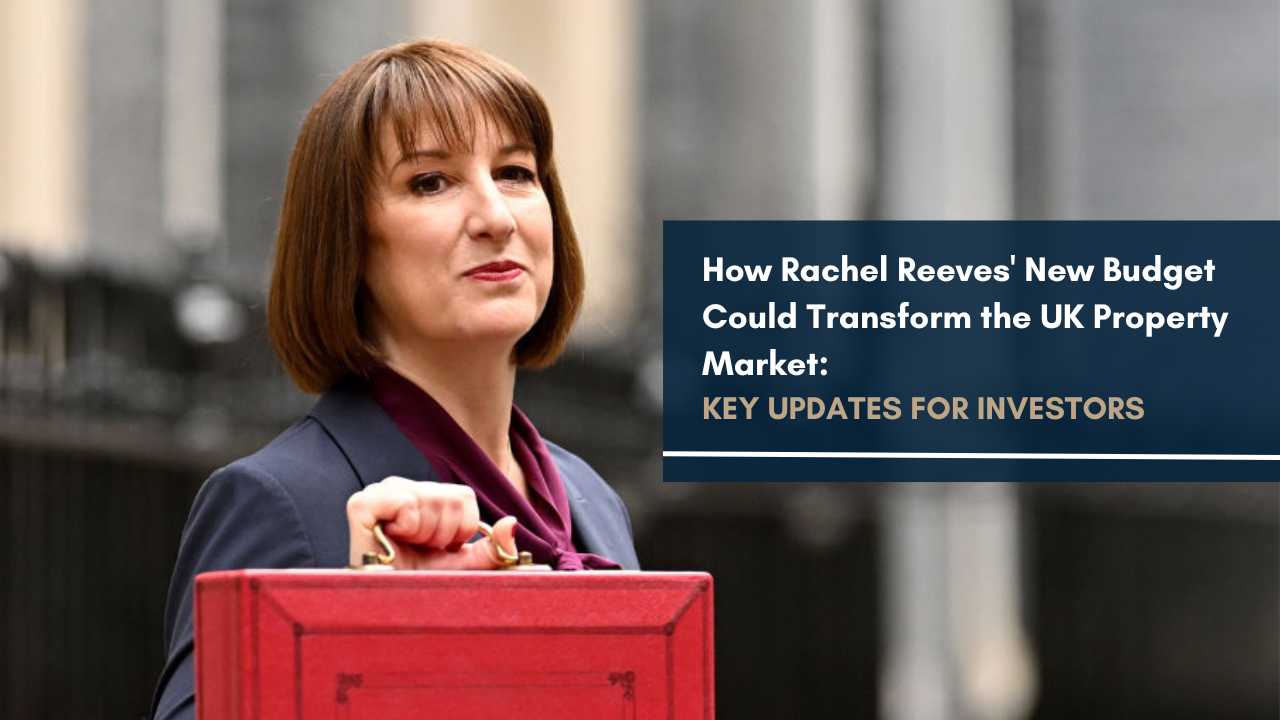* Have you been hearing real estate terms you don’t understand? This post has been inspired by our Pure Property Podcast on the Top 10 Property Jargons Explained. Listen here.
Today we are going to take a look at the top ten property jargon terms that come up time and time again when we speak with investors.
It can be easy for those working in property to forget that not all investors will understand some of the words we use on a daily basis. For many new investors, hearing these terms from a real estate advisor, a broker or a lender may well be the first time they have ever come across them and becoming familiar with them can help you to navigate the world of property investment more easily.
So let’s get started with ten of the most common words and phrases that you should get to know when considering property investment.
1. Below Market Value
Known in short as BMV, the term “below market value” effectively means that the property is being offered at a lower rate than that of its known or anticipated open market value. A BMV property is therefore being sold at a discount, allowing the purchaser to save money, maximise their budget and hit the ground running with capital appreciation.
With that being said, it is important to perform due diligence checks to make sure that the property being advertised as BMV actually is below its true market value, as some unscrupulous investment advisors may be relying on your trust to secure a sale that is not necessarily a money-saving deal for you. A trustworthy advisor will always be happy to share their data with you and answer any questions you have.
2. Capital Growth
This one is also known as capital appreciation and these popular terms refer to how the value of an asset or property increases over a period of time. It is measured by calculating the difference between the price you pay, or the value set at the time of purchase, and the current market value.
For example; if you buy a property for £100,000 and next year it jumps up in market value to £120,000, you would have an increase in capital growth of £20,000, which would effectively be a 20% increase in terms of capital growth or appreciation.
A wise investor will know to look for good capital growth potential by finding market comparables that show strong appreciation in the specific locations that they are interested in.
3. ROI or ROCI
This term means “Return on Investment,” sometimes referred to as “Return on Cash Invested.”
These terms are a broad measure of how your property is likely to perform on a financial basis. It measures the profitability of an investment and enables you to directly compare your property investment to other asset classes, such as savings accounts, cryptocurrency or stocks & shares.
To calculate your ROI, divide your net returns by the cost of your initial investment and then multiply that by 100.
4. Off Plan
Although this is a simple term to understand, it is one that not all investors are aware exists. Terms such as ‘off plan’ on ‘off-the-plan’ are used when you purchase a property either before construction has started, or at some point throughout the construction period. Any purchase of a property before its physical completion will be described as off plan.
At Track Capital, one of our main focuses is off plan property in both the UK and Dubai. There are many pros to investing in an off plan property, such as saving thousands of pounds, benefiting from unique incentives and buying a property without the massive competition seen in the open market. Buying off plan also means you get to pick the unit that best suits your taste and budget, in properties that are either brand new or renovated to the highest of standards.
5. Stamp Duty Land Tax
Most experienced UK investors and homeowners will be familiar with this. Often abbreviated as SDLT, Stamp Duty is the tax due on a property or land transaction when purchased in England. The tax is known under different names in in other countries within Britain, but it is always paid on the completion of the property.
If you are buying off plan, SDLT is due once the project reaches practical completion. If the property is fully complete, SDLT is payable from the moment you complete your purchase and is most often handled by your solicitors as part of the purchasing process.
6. Yield
Yield tells you how much annual return you are likely to get on your investment and comes in two forms: gross and NET.
Gross yield is calculated by taking a year’s rental income and dividing that by the property cost or value at purchase, then multiplying that by 100.
NET yield follows the same calculation, but then includes the deduction of all known costs from the gross income total.
7. Service Charge
This is something we see a lot of investors potentially concerned about when they’re looking at apartments because there is a myth that leasehold properties come with a slew of hidden fees. In truth, your advisor or broker will be able to provide you with a service charge budget, so you can get a good idea of what the charges are expected to be.
A service charge relates to the fee you pay for the management of the building, not the individual letting and management company you may hire to manage your specific unit. The block management company will charge investors for maintaining the communal areas of the building and making sure it’s all up to scratch with things like insurance, lift maintenance, landscaping and rubbish collection.
Service charges are typically calculated on a price per square foot basis and can be anything from £1.80 to over £4.25 per sq. ft in London depending on the calibre of the development and its onsite facilities.
8. Ground Rent
Ground rent goes hand in hand with service charge. This is a payment made by a leaseholder to the freeholder and refers to the rent you pay to the owner of the land on which your property is built. For a while now, it has been common for new build leasehold apartments to charge practically nothing for ground rent, such as a 0.1% charge or what is referred to as “peppercorn” – a term used to mean virtually nothing is owed for ground rent.
The government has recently brought in legislation to minimise ground rent fees to leaseholders, protecting them from consistently rising fees as their lease continues.
9. Management Fee
This term relates to the letting and management of the specific apartment itself, rather than the service charge which looks after the communal areas.
f you are looking for a hands-off investment, you will likely appoint a local managing agent who is familiar with the development to fully manage your property.
Management companies take care of fifinding the tenants, doing reference checks, taking deposits, and ensuring that the tenancy runs smoothly. This may seem like an unnecessary cost, but will ultimately minimise void periods and maximise your return on investment, so in our opinion it is well worth the money.
10. Conveyancing
Conveyancing is the process that occurs when undertaking the legal transfer of home ownership property ownership from the seller to the buyer. The solicitors organise the legal documents and process the sale on the buyer’s behalf and the seller’s behalf. making sure that the transaction goes through smoothly and bringing the purchase from exchange and completion
Conclusion
These are just some of the terms you may hear when speaking with real estate professionals. If you hear something you don’t understand, speak up and let your advisor know. Remember; advisors and brokers work for you. It is their job to make the process of property investment as easy as possible and a good advisor will always be happy to explain.
If you need any help with the property investment process, feel free to contact our team. We’re a specialist advisory company, we help clients find suitable properties across the UK and Dubai, with no fees or hidden costs. Contact our team today to get started.




































